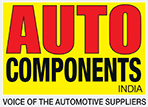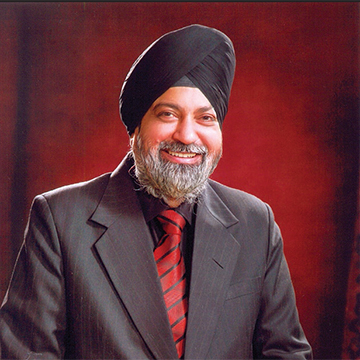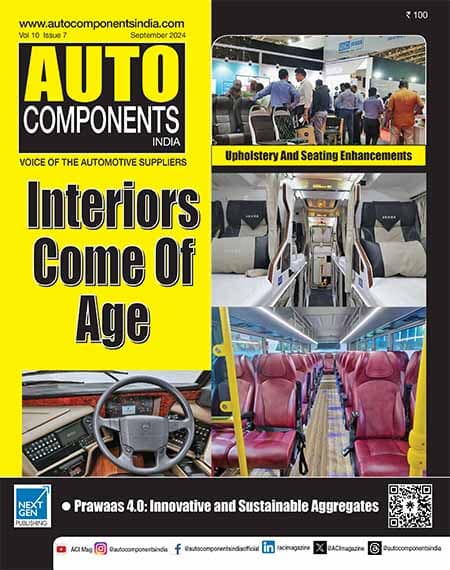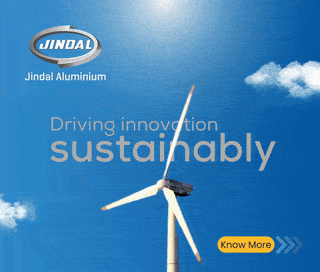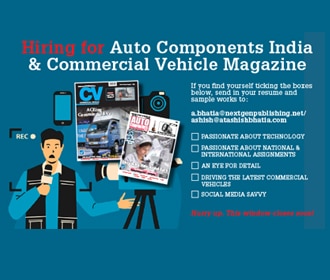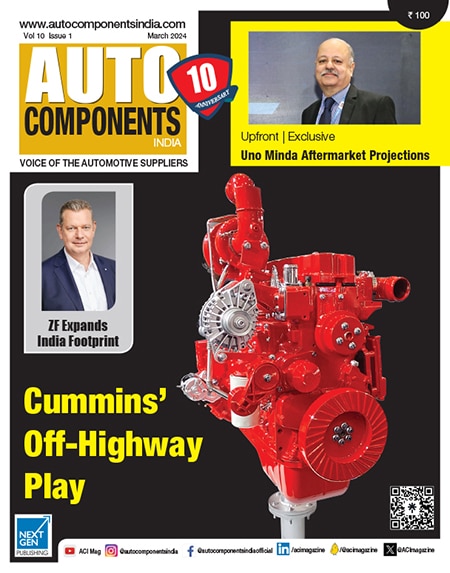Technological advancement is always welcome as it minimises the efforts of human beings – be it in services or manufacturing. While innovation, in the field of application engineering and rapid prototyping, helps in faster product development, it has simultaneously fortified the parallel economy by way of fake parts manufacture. Rapid prototyping aids copycats in making spurious parts faster, even before genuine parts arrive in the replacement market.
Amarjit Singh, secretary, Indian chapter of International Association for the Protection of Intellectual Property (AIPPI) and vice chairman – Global Anti-Counterfeiting Group.
Counterfeits affect of all industry segments. Off late it has become the most resonating aspect confounding the automotive industry. The primary need today is for technical and legal knowledge to enforce Intellectual Property Rights.
Counterfeiting, the business of fabricating fake auto parts became a visible threat to automotive aftermarket way back in the 1980s. High consumable parts like diesel filters, piston rings, clutch plate assemblies, lighting systems, shock absorbers, spark plugs, alternators, starter motors and fuel pumps are most vulnerable to counterfeiting.
Attraction
Various factors that fuel counterfeiting include ease of manufacturing, packaging, higher margins, easier imports, supply constraints of original parts manufacturers and shortcomings of existing legislation.
Industry sources say the fake parts market is anywhere between Rs 5,500 crore to Rs 7,500 crore, constituting more than 40 percent of the total component aftermarket. Sanjeev Singh, director (Aftermarket India), Federal-Mogul Corporation, estimates that more than 50 percent of spare parts sold in the retail market are spurious.
The White Paper by ACMA and Ernst and Young, on improving legislation to combat auto counterfeiting, estimates job loss due to fakes as 1.15 million. This also results in end-users paying for an additional 109 million liters of petrol and 8 million liters of diesel per annum.
Higher margin is the primary reason for expanding counterfeits said Col K G Ramani, founder director, C3i, an investigative agency specialising in minimising brand infringement and dilution besides, conducting raids to confiscate spurious parts. Sanjeev Singh opines that while the spurious parts bound to impact revenue, sales and overall brand image of manufacturers, the end consumers suffer from problems of product quality, longevity and safety.
“Allowing component makers to sell products, based on vehicle manufacturer’s technology, in retail markets for additional royalty payment, will keep counterfeiters at bay.”
Few component manufacturers are concerned that some OEMs restrict them from selling in the aftermarkets. To this, Harish Lakshman, president, ACMA said, “vehicle manufacturers should not restrict component manufacturers especially where the technology belongs to the vendors. In the EU it is not allowed by law because it is anti-competitive while in India there is no such thing.” While agreeing that this leads to flooding the market with spurious parts, Lakshman said OEMs are trying increase the reach and sell parts through their own distribution network. Ultimately, it is all about access to markets and the profits that can be generated.
